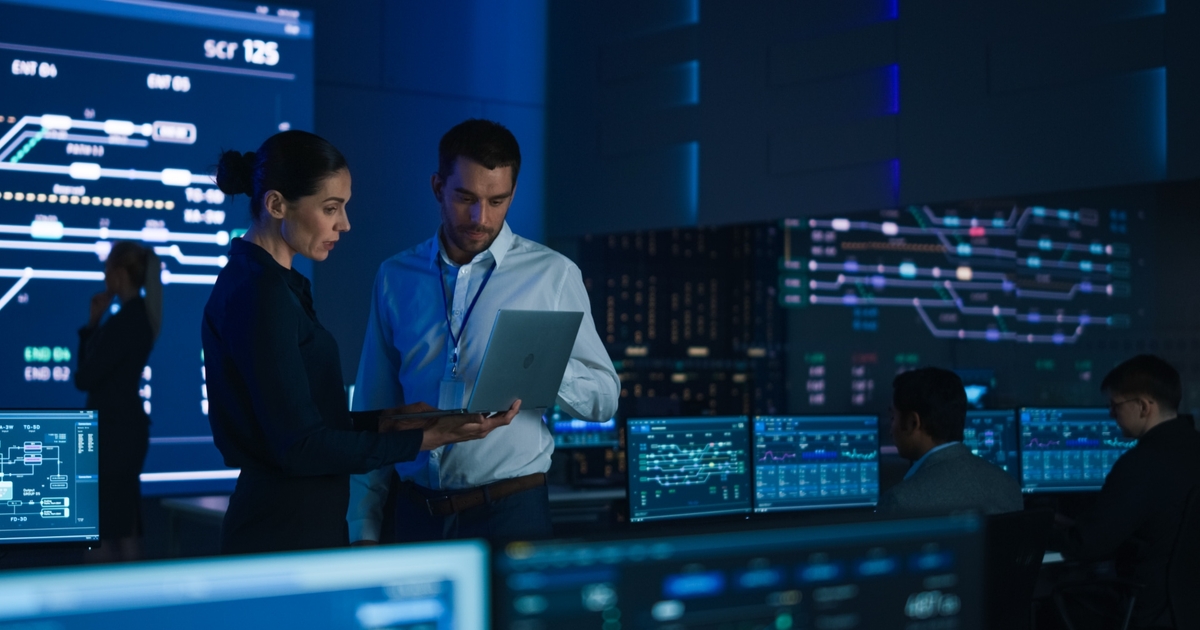Virtual chief information security officers (vCISOs) have become increasingly essential for companies seeking to enhance their security posture and navigate the complex cybersecurity landscape. This trend is driven by various factors, including the need to expand security strategies, respond to breaches, conduct due diligence for mergers and acquisitions, and comply with regulatory requirements. As the demand for skilled cybersecurity professionals continues to outpace supply, the role of vCISOs has gained prominence in the business world.
One of the primary reasons companies choose to retain vCISOs is the expertise and perspective they bring to an organization. According to Thomas Siu, CISO at Inversion6, vCISOs offer a holistic view of an organization’s security program, allowing security teams to see the bigger picture beyond day-to-day operational challenges. Their external vantage point enables them to identify gaps, assess risks, and develop proactive security measures tailored to the company’s needs.
The rise of virtual and fractional CISOs can be attributed to the high cost of hiring full-time security executives and the growing importance of cybersecurity in today’s digital landscape. While some organizations opt for consultants, others prefer vCISOs who can provide ongoing strategic guidance based on a predefined security strategy. This approach allows companies to access specialized skills and knowledge, such as expertise in operational technology or compliance with regional regulations, without committing to a full-time hire.
Adam Tyra, general manager of security services at At-Bay, emphasizes the long-term value that vCISOs bring to companies, especially in the face of evolving cyber threats. By working closely with organizations to develop robust security programs, vCISOs help mitigate risks, enhance resilience, and ensure compliance with industry standards and best practices. Their role extends beyond incident response to proactive risk management, enabling companies to stay ahead of emerging threats and safeguard their digital assets effectively.
For individuals like Thomas Siu, the transition to becoming a vCISO is often the result of a diverse career path that includes roles at managed security service providers and academia. Drawing on his experience as a former CISO at leading universities, Siu leverages his expertise to guide companies through cybersecurity challenges and support their strategic objectives. Whether filling in for a departed CISO, aiding in regulatory compliance, or enhancing cybersecurity capabilities, vCISOs play a vital role in modern organizations’ security posture.
While vCISOs offer valuable insights and strategic direction, there are instances where additional resources may be required to support complex security initiatives. In such cases, companies may turn to managed security service providers to complement the expertise of vCISOs and address specific cybersecurity needs. The collaborative approach between vCISOs and industry experts ensures comprehensive coverage of security requirements and alignment with the organization’s strategic goals.
As the cybersecurity landscape continues to evolve, the role of vCISOs remains critical in helping companies navigate emerging threats and technological advancements. With their depth of expertise and proactive approach to risk management, vCISOs serve as trusted advisors who help organizations build resilience and adapt to changing security challenges. By engaging vCISO services, companies can gain a competitive edge, enhance their security posture, and safeguard their digital assets in an increasingly volatile cyber environment.
